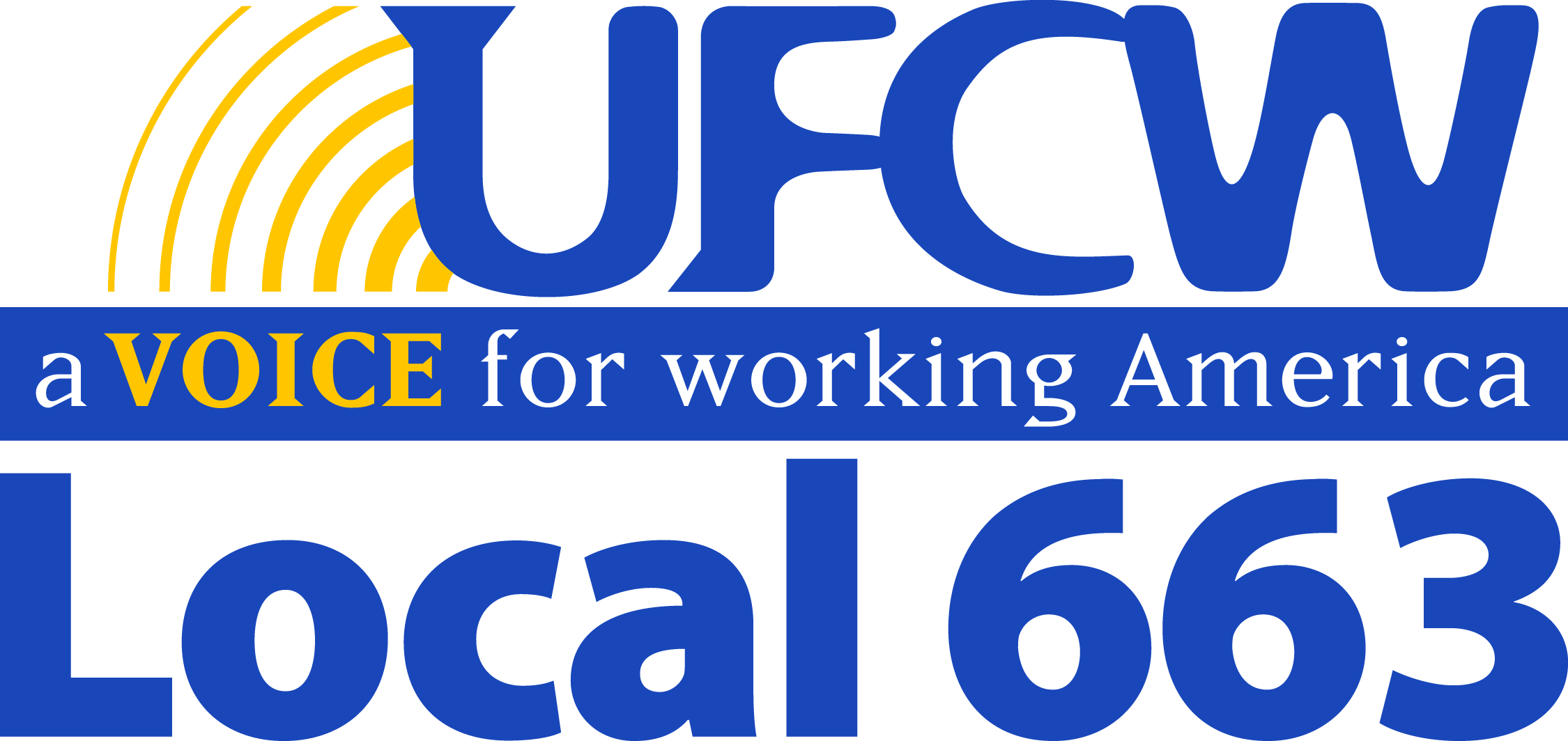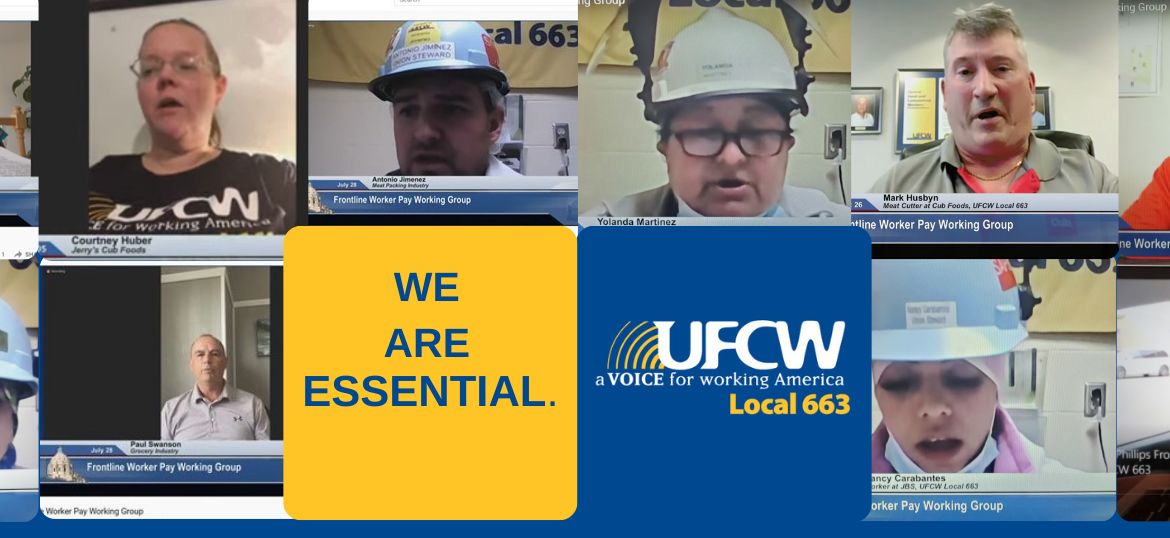For Immediate Release: Sept 17, 2021
On Behalf of MN Nurses Association, SEIU Local 26, Unidos MN, UFCW Local 663
Contact: Josh Keller, jkeller@seiumn.org
SAINT PAUL – This week essential workers who have kept us safe and healthy and our state running throughout COVID urged the state’s Frontline Worker Pay Working Group to complete a proposal for allocating pay to frontline workers. Workers across industry, geography and race highlighted their demand to not exclude any workers, and called for a prompt special session focusing exclusively on frontline worker pay, without bringing in any other divisive political issues.
“I want our elected officials to know this pandemic is not done, and we on the front lines are the ones dealing with the threat of this virus day in and day out. I know there are thousands of facilities that have never wavered in support the past 18 months – the nurses, therapists, janitors, food service workers and more. Let’s not forget any of them,” said Laura Heezen, a behavior analyst with the Minnesota Department of Veterans Affairs.
The “Frontline Workers Pay Working Group” remains deadlocked on how to spend the $250 million set aside for essential workers by Gov. Walz and the Minnesota Legislature. A coalition of 15 groups representing hundreds of thousands of frontline Minnesotan workers released a statement Monday, one week after the working group missed its deadline for a proposal calling on three legislators to drop their demand to exclude tens of thousands of working Minnestoans from the final bill.
The coalition also has called on state leaders to call a special session that focuses only on the Frontline Worker Pay bill. Senate Republicans have threatened to use the special session to leave an agency central to protecting those same frontline workers leaderless during the continuing pandemic, by ousting Minnesota Health Commissioner Jan Malcolm.
“1,000 of our members have missed work because of COVID. And sadly four of our members have died from COVID. So many of us essential workers faced these challenges, which is why it is so frustrating politicians are trying to exclude us from this pandemic pay,” said Elia Starkweather a janitor in Minneapolis and a member of SEIU Local 26 who missed two weeks of work without pay when she became sick with COVID.
A proposal offered by Representatives Winkler and Frazier and Senator Murphy to the Working Group would open an application process for frontline workers who were exposed to COVID risks as part of their job, to apply for up to $1500 in compensation. If requests exceed the $250 million that the Governor and legislative leaders agreed to allocate during budget negotiations, available funds would be divided evenly and a report would go to the legislature on what it would take to make up the gap. Workers and community organizations say they support this approach but that the total fund should be increased.
“My coworkers and I have been working with customers since the beginning of this pandemic,” said Paul Swanson, a grocery store worker and member of UFCW Local 663. “We haven’t left anyone behind.”
In a series of public Working Group hearings, State Senators Karin Housley and Mary Kiffmeyer and Representative Anne Neu Brindley refused to discuss proposals for compensating any workers who have been put at risk of COVID outside of nursing homes and some hospital jobs. They have not offered an alternative proposal.
“As a health care worker, I am offended that Minnesota Senate Republicans are holding up paying all front line worker bonuses who kept our state running during the most difficult times we have experienced in generations. We must ensure as many front line workers as possible are compensated for the bravery and perseverance they have shown at work, often at great risk,” said Carmen Brown, Vice President of AFSCME Council 5 and President of AFSCME local 977 at Hennepin County Medical Center (HCMC).
If the Working Group does agree on a proposal, a Special Legislative Session would need to be called to approve the plan and funding, but the adding additional political issues to that Special Session threatens any possible agreement to recognize frontline workers for keeping us safe and healthy and our economy running during this pandemic.
“We are calling on the members of the Working Group to include all essential workers in this program. We did everything that we could to keep Minnesota moving during this pandemic,” said Rachel Hanneman, a certified registered nurse from Savage, Minnesota, who has worked in COVID intensive care units. “Essential workers need to be recognized and this needs to be concluded as quickly as possible.”
Full video of the 9/15 press conference is available at this link.
Workers and members of the public concerned about frontline worker safety can learn more at https://wemakemn.com/essential-workers and use the tool posted there to contact key legislators.
###

